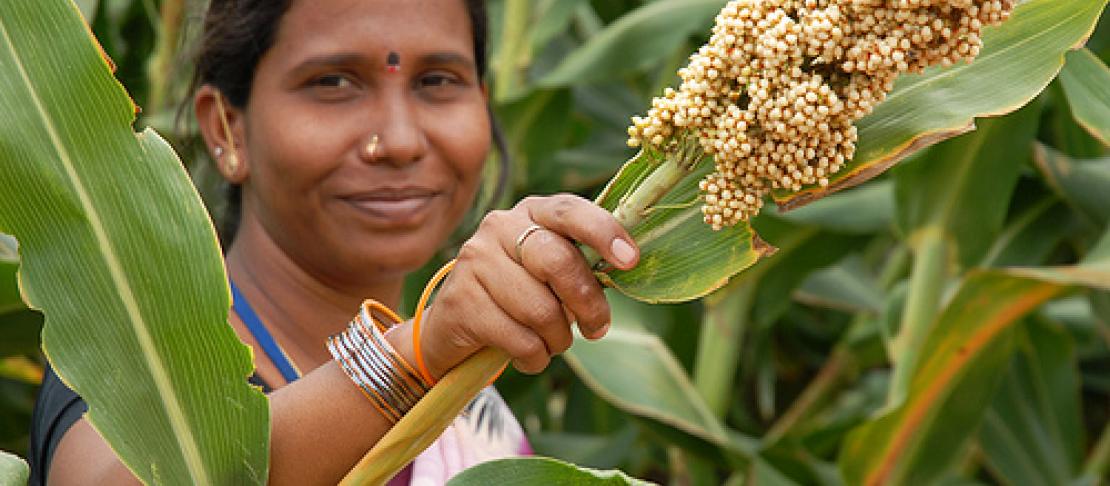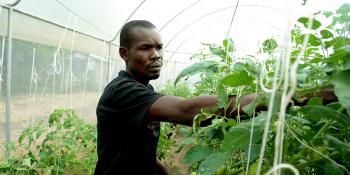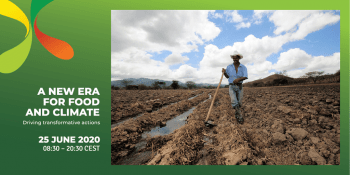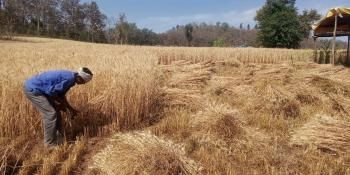Women fighting the effects of climate change

by Cecilia Schubert
With women making up 60-80 percent of farmers in Africa, they are likely to be more vulnerable to the effects of climate change. However, they are also in the position to be effective agents of change in supporting both mitigation and adaptation activities. This is visible in the work of the International Crops Research Institute for the Semi-Arid Tropics (ICRISAT), a partner in the CGIAR climate program. The organization recently released a video (see below), produced by ICRISAT's Alina Paul-Bossuet, which shows how women from the Indian women organization Adarsha, volunteer as village network assistants within the program Virtual Academy for Semi-Arid Tropics. The women continuously work with ICRISAT scientists on issues and concerns based on farmers’ problems related to climate change. The women act as intermediaries between the scientists (who come up with context-specific agricultural solutions), and the farmers. The two groups met every week via audio and video conferencing facilities at the village resource center, demonstrating innovative use of Information and Communication Technologies for development (ICT4D).
The women from the Adarsha organization not only work as knowledge transmitters, they also assist the ICRISAT scientists with measuring rainfall, thus enabling drought prediction maps to be created. This helps plan for drought spells and sustain harvests through switching from rice to drought resistant millet when appropriate. Read more about the ICRISAT and Adrasha program and its development here.
ICRISAT is also doing important work in West Africa, where women are increasingly gaining land rights in dry wastelands. Women in Nigeria learned how to grow drought tolerant rain-fed fruit trees and vegetables in degraded land. This enables them to earn an income and grow nutritious food. These fruit trees can sometimes contain more nutrition than other trees, for example the Moringa tree can contain seven times the vitamin C in oranges.
The CGIAR research program on Climate Change, Agriculture and Food Security (CCAFS) recognizes the importance of gender awareness within climate change work. However more research on how men and women will be affected by climate change is needed, which is why the program created a competitive small-grants program established for gender-responsive CCAFS research. This initiative will help to demonstrate and contribute to understanding the linkages between climate change and gender more specifically.
Involving and engaging women from the poor parts of the world in the fight against climate change are essential. Especially since more than 60 percent of the women in Sub-Saharan Africa and South Asia are involved in agriculture. Helping women adapt to climate change will mean resilient communities, food security and increased incomes.


